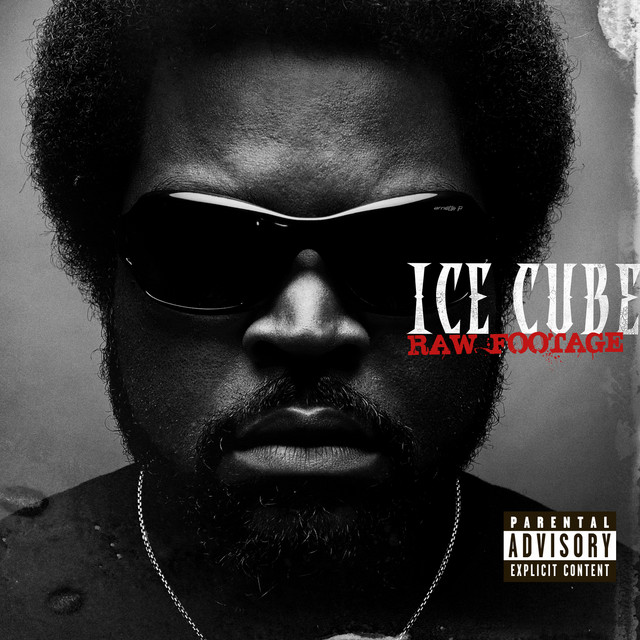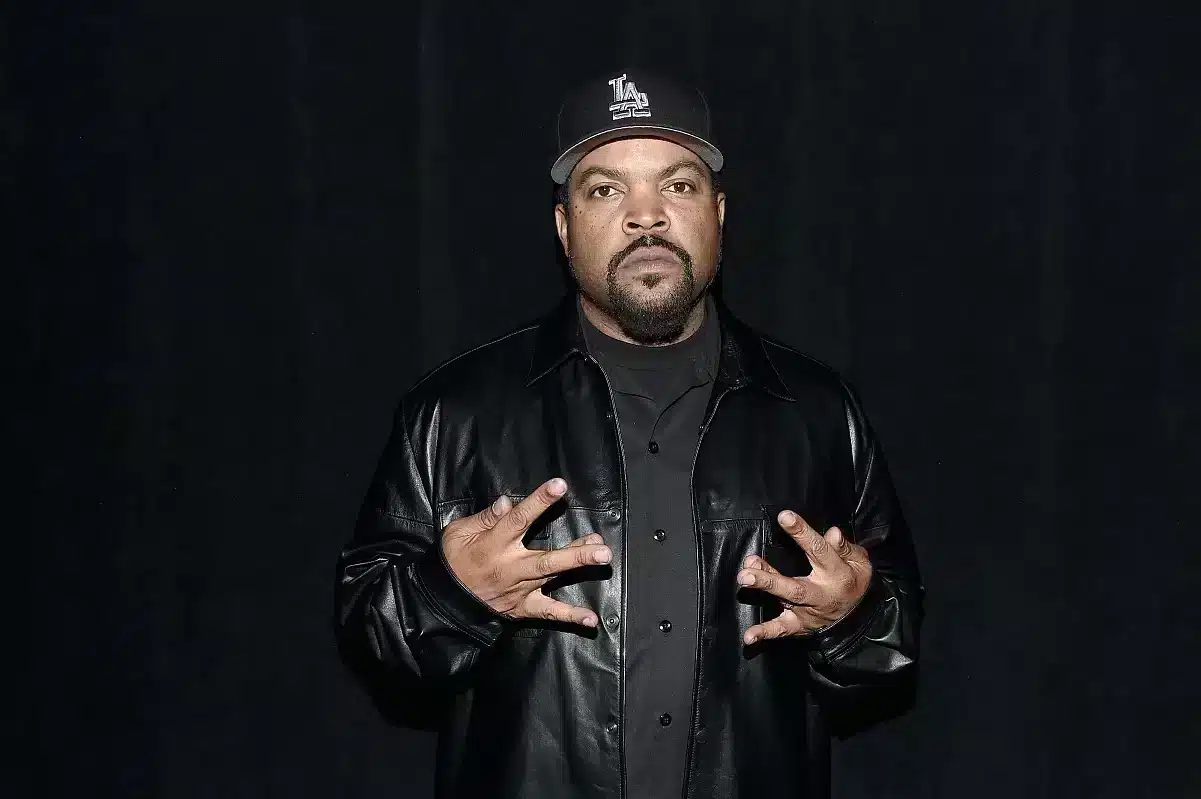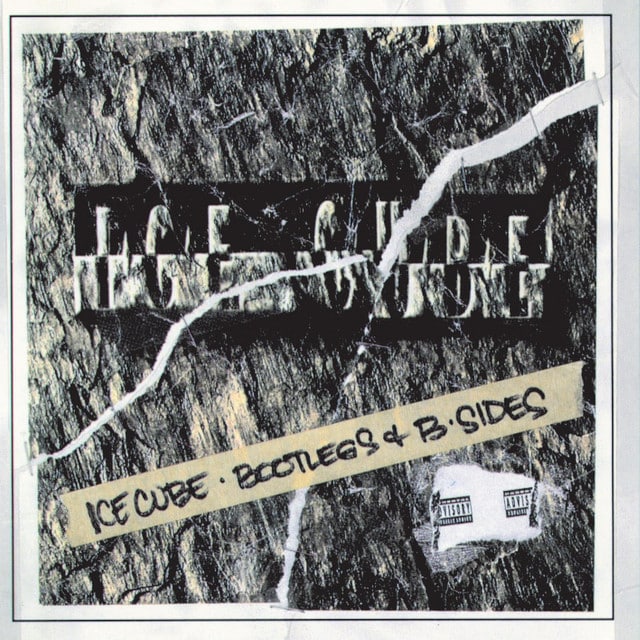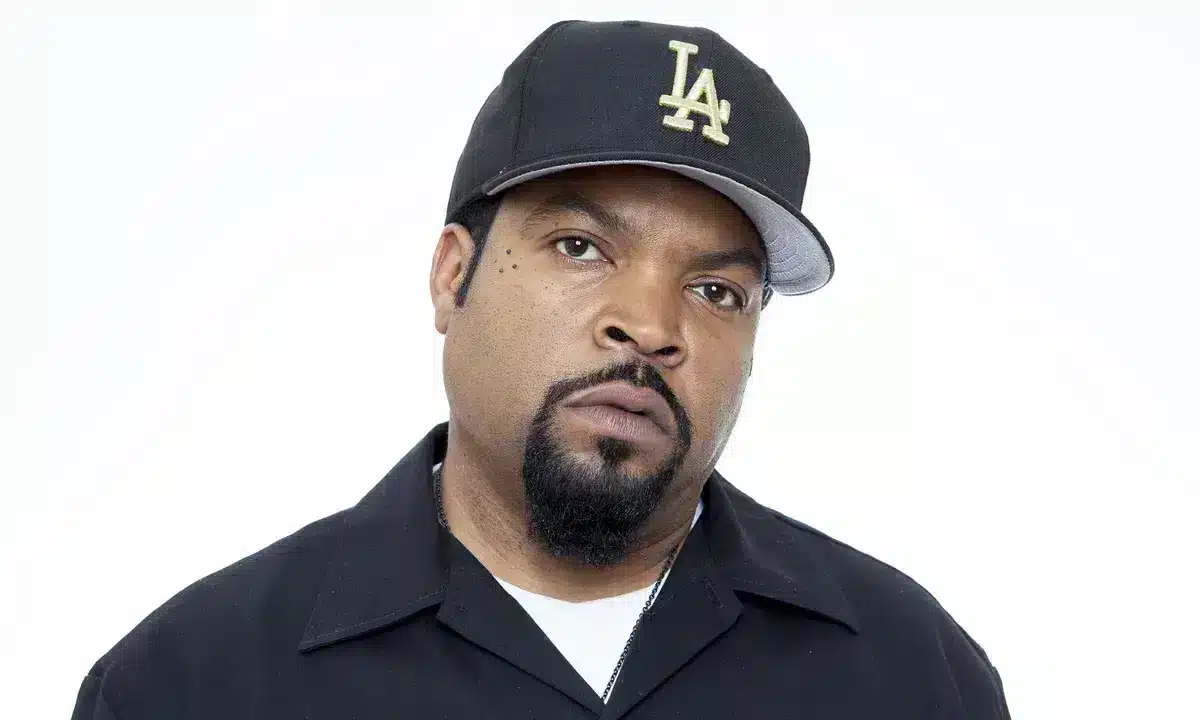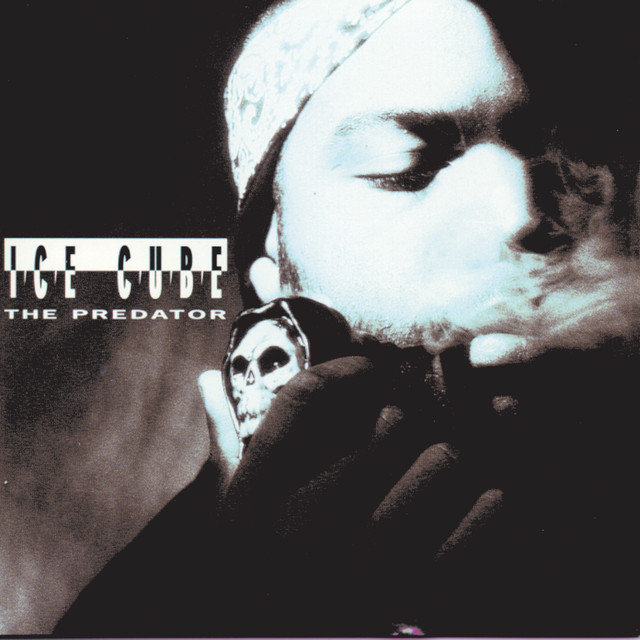Released: 2008
“Gangsta Rap Made Me Do It” by Ice Cube is a deeply provocative track where Cube attributes societal ills and personal recklessness to the influence of gangsta rap. This track is the epitome of Ice Cube’s audacious lyricism, utilizing his hip-hop platform to comment on societal issues while exuding an undeniable street cred.
First off, let’s unfold the term ‘pyroclastic flow’, borrowed from volcanic eruption terminologies, it refers to the supersonic, super-hot flow of gases and rocks expelled from a volcano. Cube’s using it to describe his explosive and potent lyricism. Tools like this helps to drive emphasis on his influence being raw and uncontainable, much like a volcanic eruption.
The hook, “Gangsta rap made me do it”, serves as a satirical jab at the critics who blame the genre for societal problems. Cube flips this logic to hilariously and defensively justify any potentially objectionable behavior, emphasizing on the scapegoating of the genre.
He stresses the importance of intelligence and grit over violence: “Use your brain, not your back / Use your brain, not a gat”. He’s pushing back against the idea that gangsta rap promotes violence, instead suggesting it’s a method of sharing reality and sparking change.
The lines, “Me and Allah go back like cronies / I ain’t got to be fake ’cause he is my homie”, showcase Cube’s Islamic faith, a significant part of his persona. He aligns his authenticity in rap to his spiritual truth, linking it all to his scrupulous belief system.
The closing part of the song is a direct shot at artists who criticize gangsta rap without having lived the reality it represents, emphasizing that they should stick to their own lane. He’s not just battling societal critics but also defenders of more ‘conscious’ or ‘pop-focused’ hip-hop who undermine the value and impact of gangsta rap.
Overall, Ice Cube’s “Gangsta Rap Made Me Do It” is a self-assertive anthem that stands up for gangsta rap, highlighting its significance while fiercely protecting its integrity. The brilliance lies in how he confronts the stigmatizing narratives around the genre, all while fully embodying its essence.
